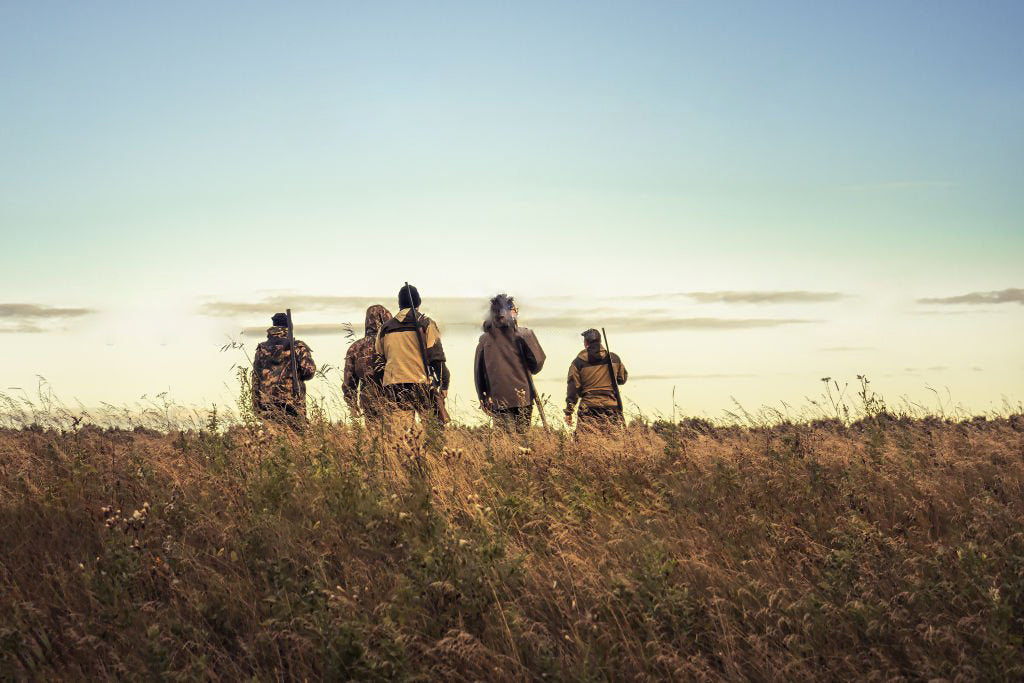Hunting has been an integral part of human history, providing sustenance and connecting us with nature for thousands of years. Today, hunting remains a popular outdoor activity enjoyed by millions of people worldwide. However, responsible and ethical hunting practices are essential to ensure the conservation of wildlife and the preservation of natural ecosystems. Central to responsible hunting is the concept of "hunting season." In this blog, we will delve into what hunting season entails, its significance, and why adhering to hunting regulations is crucial for the sustainability of our natural world.
**1. What is Hunting Season?**
Hunting season refers to specific periods during the year when hunting is legally permitted for certain species of wildlife. These periods are carefully determined and regulated by wildlife management authorities and government agencies. Hunting seasons are designed to coincide with particular times of the year when wildlife populations are at their healthiest and most abundant, ensuring the sustainability of the species.
**2. The Purpose of Hunting Seasons:**
Hunting seasons serve several important purposes, the most critical being conservation and population control. By restricting hunting to specific times, authorities can prevent overhunting, which can lead to the decline or extinction of species. Moreover, hunting seasons also help in managing animal populations to maintain ecological balance and prevent damage to agricultural lands and natural habitats.
**3. Responsible and Ethical Hunting:**
Responsible and ethical hunting practices go hand in hand with hunting seasons. Ethical hunters prioritize the well-being of the animals they pursue and the habitats they inhabit. This means adhering to all hunting regulations and guidelines set forth by wildlife management agencies, respecting hunting seasons and bag limits, and hunting in a manner that minimizes suffering and respects the environment.
**4. Species-Specific Seasons:**
Hunting seasons are specific to each species, as different animals have unique breeding and migration patterns. For instance, deer hunting season may take place in the fall when deer populations are at their peak and after fawns have matured enough to survive without their mothers. Similarly, waterfowl hunting season often coincides with the migratory patterns of ducks and geese.
**5. Bag Limits and Quotas:**
Hunting seasons typically come with bag limits and quotas, which restrict the number of animals a hunter can harvest during a given period. These limits are carefully calculated based on scientific data and population assessments to ensure that hunting remains sustainable and does not jeopardize the long-term survival of the species.
**6. Licensing and Safety Measures:**
Participating in hunting during the designated hunting season requires obtaining the necessary hunting licenses and permits. These licenses help fund wildlife conservation efforts and support research and management programs. Additionally, hunters are expected to follow strict safety measures to protect themselves and others during the hunting process.
**7. The Role of Conservation Organizations:**
Conservation organizations play a significant role in advocating for responsible hunting practices and the establishment of hunting seasons. They collaborate with government agencies, conduct research, and promote awareness about the importance of preserving wildlife and natural habitats for future generations.
Hunting season is a crucial concept in responsible and ethical hunting practices. By adhering to regulated hunting periods, bag limits, and quotas, hunters contribute to the conservation and management of wildlife populations. Responsible hunting ensures that future generations can continue to enjoy the thrill of the hunt while preserving the delicate balance of nature. Embracing the principles of ethical hunting and respecting hunting seasons is not only essential for the sustainability of our natural world but also enriches the profound connection between humans and the wilderness. Let us cherish this privilege by hunting responsibly and advocating for the well-being of the wild places and creatures that make our hunting adventures possible.

